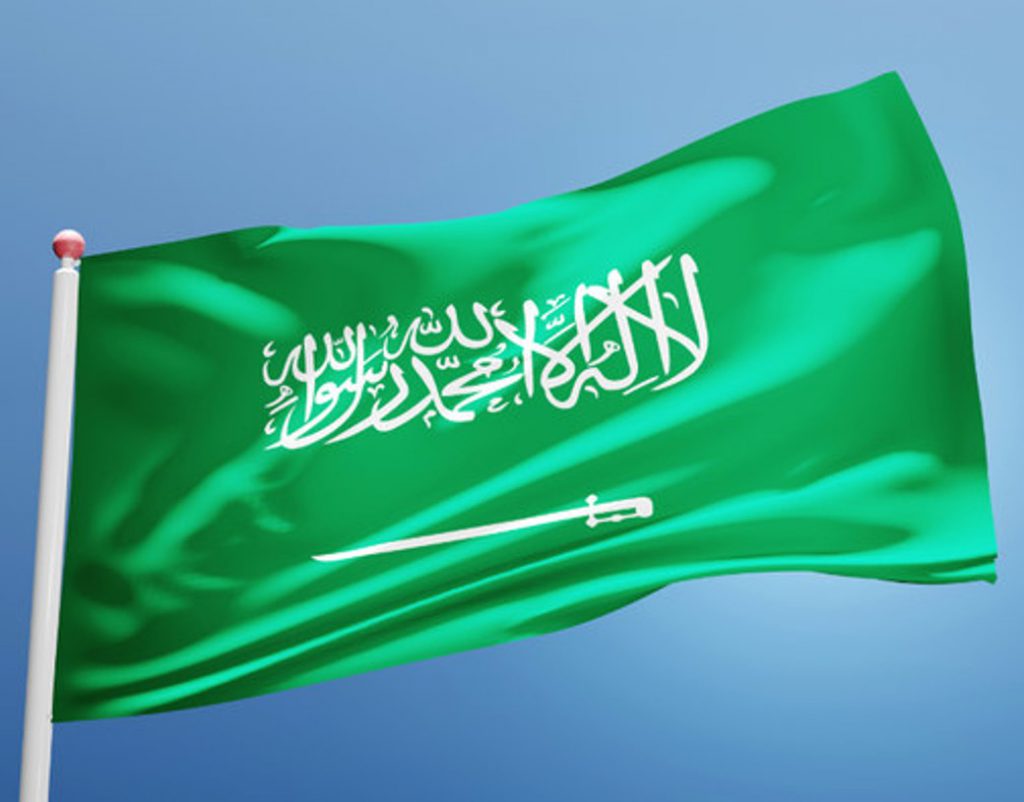The Kingdom of Saudi Arabia’s 50-year-old agreement with the U.S. to sell oil in the petrodollar has expired. However, there is no new policy in place and the Biden administration has not renewed the agreement with Saudi Arabia. As a policy renewal is not in place, this allows Saudi Arabia to begin selling oil in local currencies. Currencies from BRICS countries like the Chinese yuan, among others, are the top contenders for oil sales in Saudi Arabia.
Also Read: BRICS Welcomes Saudi Arabia in Foreign Ministers Meeting
The petrodollar deal was signed between the U.S. and Saudi Arabia on June 8, 1974. This allowed Saudi Arabia to settle oil payments in the U.S. dollar and not local currencies for over five decades. The Kingdom is now free to sell oil in local currencies like the Chinese yuan, Japanese yen, and Indian rupee. The BRICS bloc will be the first to benefit if Saudi Arabia starts accepting local currencies for oil settlements.
Also Read: 59 Countries Show Interest To Join BRICS in 2024
BRICS: Saudi Arabia Can Settle Oil Payments in Local Currencies


The end of the petrodollar agreement can lead to a paradigm shift in the way Saudi Arabia operates its oil businesses. The petrodollar agreement ends at a time when the BRICS alliance is looking to put local currencies ahead of the US dollar. BRICS stands a chance to take the opportunity of the development and settle oil payments in local currencies with Saudi Arabia.
Also Read: BRICS: Feds Acknowledge Sanctions Led To De-Dollarization
Read here to know how many sectors in the U.S. will be affected if BRICS ditches the dollar for trade. Saudi Arabia has also been invited to join the BRICS alliance and the Kingdom is yet to conclude its decision. If Saudi Arabia joins BRICS, then chances are high that the Kingdom will begin accepting multiple currencies for oil along with the U.S. dollar.
In conclusion, the global financial sector could take a new turn after Saudi Arabia begins to accept multiple currencies for oil and give the BRICS alliance a boost in the arm, while the U.S. dollar loses steam on the global stage.





